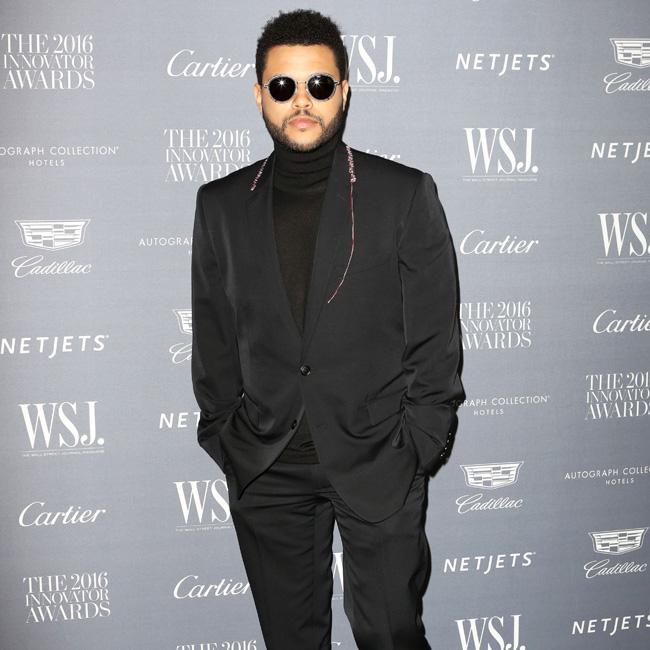The Weeknd opens up about the "darkest time of [his] entire life" on his new album ‘After Hours’.
The 30-year-old star’s latest record features the song ‘Faith’, which The Weeknd – whose real name is Abel Tesfaye – says is about his struggles with drugs, pain, prayer and death after he first found fame in 2013.
He told Variety: "So, this is about the darkest time of my entire life, around 2013, 2014. I was getting really, really tossed up and going through a lot of personal stuff. I got arrested in Vegas. It was a real rock-star era, which I’m not really proud of. You hear sirens at the end the song – that’s me in the back of the cop car, that moment.
"I always wanted to make that song but I never did, and this album felt like the perfect time, because [the character] is looking for an escape after a heartbreak or whatever. I wanted to be that guy again — the ‘Heartless’ guy who hates God and is losing his f**king religion and hating what he looks like in the mirror so he keeps getting high. That’s who this song is."
However, The Weeknd admitted revisiting his past for his new album was difficult,
He explained: "I didn’t want to. But sometimes you try to run away from who you are, and you always get back to that place. By the end of this album, you see, ‘I’m not that person.’ I was, but I’m growing and wiser, and I’m gonna have children someday, and I’m going to tell them they don’t have to be that person."
He also addresses his past drug use in the song ‘Snowchild’, which features the lyrics, "I used to pray when I was 16 / If I didn’t make it, then I’d probably make my wrist bleed… I was singing notes while my n–as played with six keys [kilos]…
N–as had no homes, we were living in the dead streets."
Speaking about that time in his life, he said: "It was tough growing up where I was from. I got into a lot of trouble, got kicked out of school, moved to different schools and finally dropped out. I really thought film was gonna be my way out, but I couldn’t really make a movie to feel better, you know? Music was very direct therapy; it was immediate and people liked it. It definitely saved my life."
The Weeknd’s ‘darkest time’
